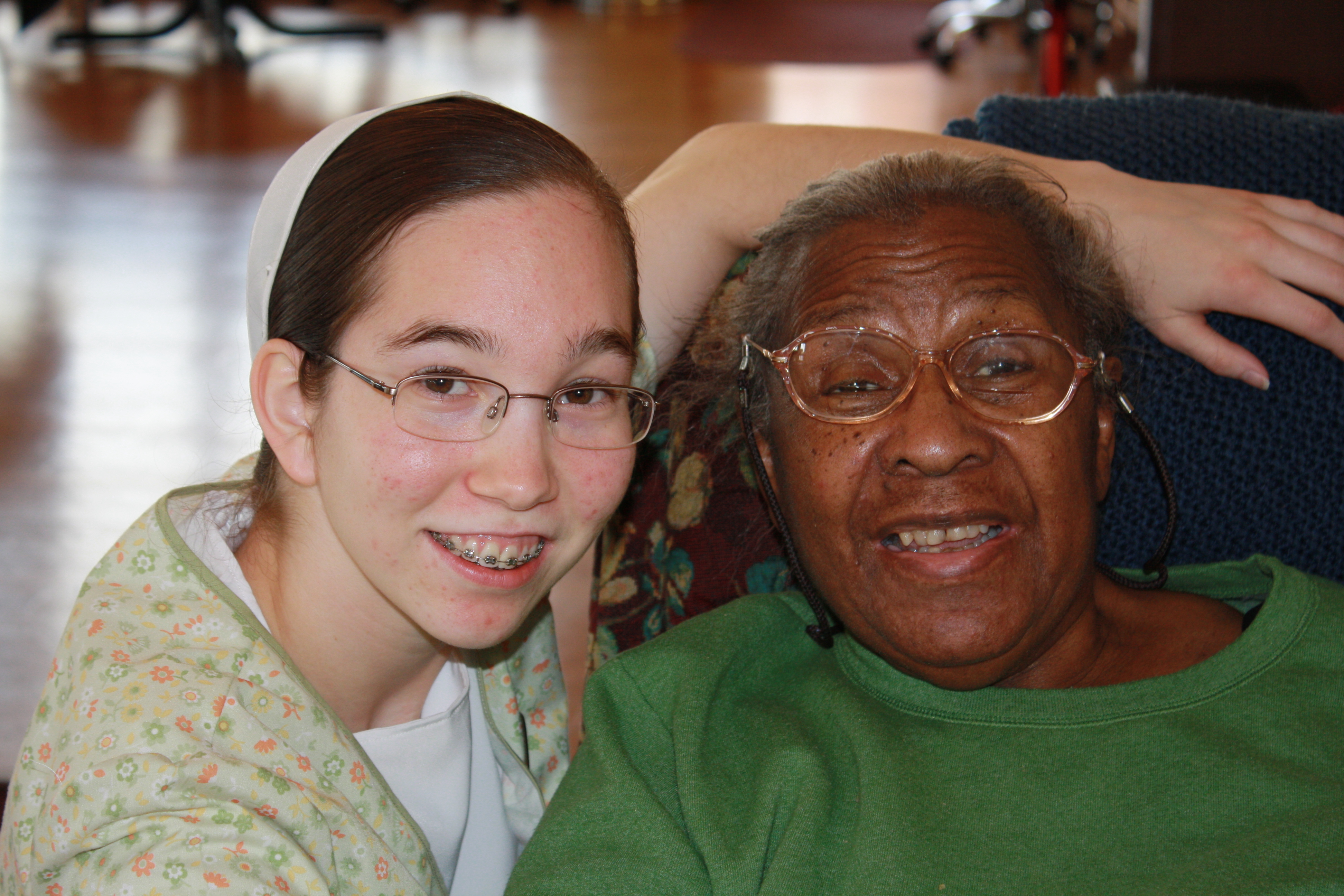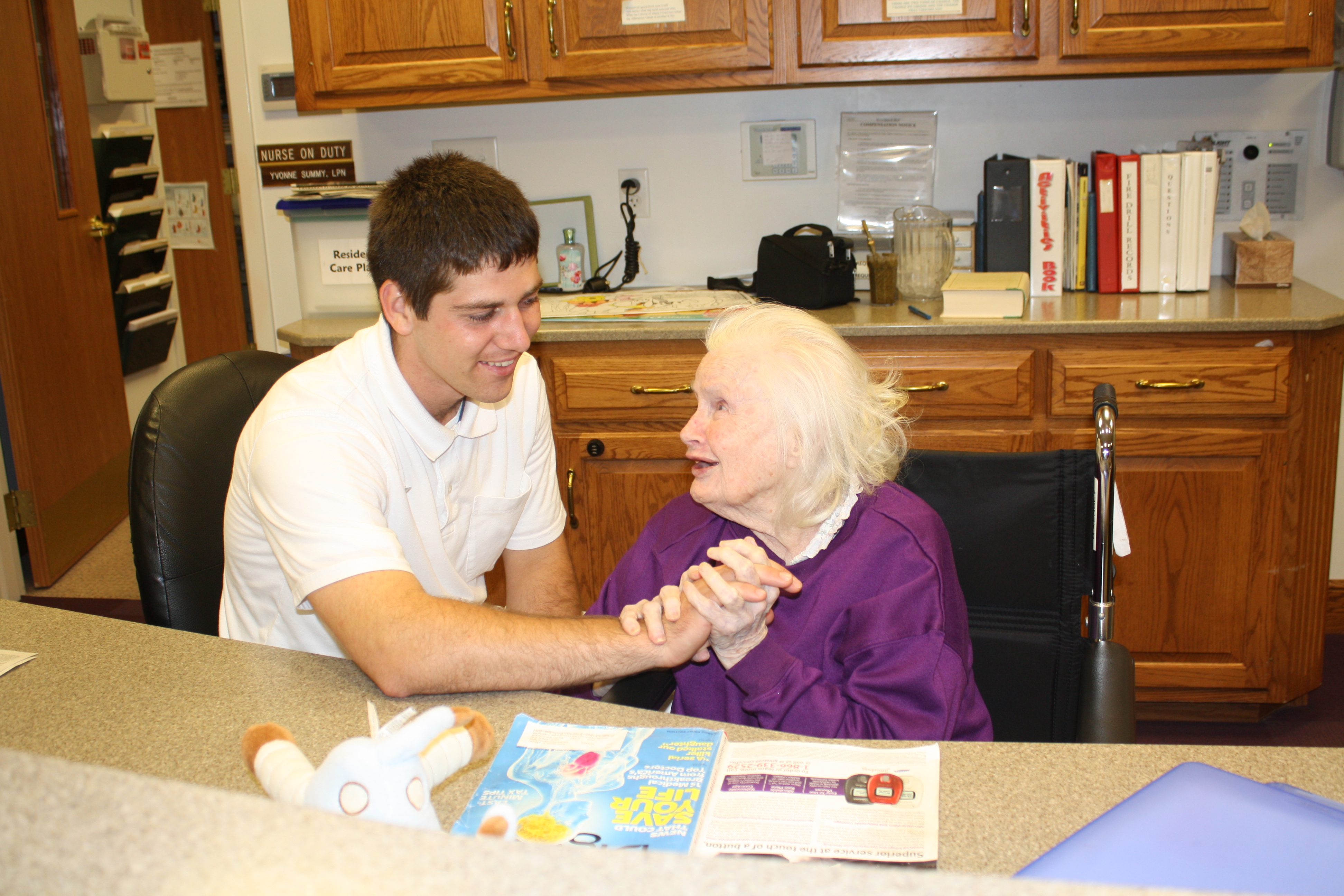Have you ever wondered what survivors of abuse wish you knew or what they wish for from you?
Today, I have a simple list – complied by survivors – that answers that question.
Earlier this year, I created a Facebook group of women who are survivors and friends of survivors. It is more or less an open journal of my journey. It has been good for me to be vulnerable like that, and I hear a lot of positive feedback from the ladies in the group.
When I first popped the question to them of what they wish their family, church, or community understood about abuse, I was not planning on writing a blog post based on their answers. But as the answers began pouring in from the 35+ survivors (out of around 75-80 ladies), I began to notice the same themes coming through again and again.
And so, this list was born. Here are 9 things survivors wish you understood about abuse:
1. Your acknowledgment and validation of our pain is needed.
Do you have any idea how much it hurts to be seen as crazy a person who is just trying to get attention after we tell you the most vulnerable parts of our stories? It hurts to hear you say that abuse does not or could not happen here. Because we are proof that it does.
Just because the wounds we sustained are psychological, emotional, and spiritual doesn’t mean it didn’t hurt. You don’t see the flashbacks, the triggers, and the times we randomly cry because something suddenly reminds us of the things that happened to us years ago.
None of this pain is because we did something wrong. We never asked for it. We couldn’t make it stop. We were completely powerless.
2. Just because the person who abused us was nice to you doesn’t make our stories invalid.
Abusers are extremely good at being wolves in sheep’s clothing. They look like the best Christians. They are the best employees. They deceive the entire community because as long as they keep you all believing they are good people, the less likely you will be to believe us.
Obviously, false allegations can and sometimes do happen. But it is unlikely. And the best question to ask in those situations is this: “What would motivate the victim to make up something that isn’t true?” Because for many of us, we have lost the support of our families, communities, and churches. Who does that for spite or for “attention”?
3. Understand that trauma rewires the brain.
Ask anyone who has studied trauma and they will all tell you the same thing: trauma rewires our brains. We are not crazy; we are normal. The neurological system that keeps us safe in times of trauma often gets stuck in that fight, flight, or freeze response mode. This keeps us from living well. And we can’t snap out of this mode by making up our mind to “get over it” anymore than a person with a traumatic brain injury or a broken leg can decide to get up and walk.
Remember, we never asked for this. We were violated and traumatized against our will. Our brains are only doing what God created them to do in survival situations. Your understanding and compassion is needed.
4. Believe that rewiring a traumatized brain is possible and create an environment where we can heal.
We can heal – at least, we can lead a fairly normal life. But healing must not be put on a timeline. It is a journey. We need ongoing support. We need to be safe AND feel safe. We need dignity and respect. We need to learn to use our voice and be allowed to use it.
It is unlikely we will be able to heal if we are constantly forced to see our abuser, especially if he/she is unrepentant. We cannot heal when we are being told to forgive, “move on,” “get over it,” “not let our past define our future” and all the other neat little phrases that get used to tell us how to fix ourselves.
There are some things that humans cannot fix. We cannot fix ourselves. You cannot fix us. However, you can create an environment – a “greenhouse”- in which we can have the best chance of healing.

5. Give us a voice.
You must understand that during the abuse, our voice was ignored and we were forced to shut up. Because of this, part of healing will include us finding our voice again.
This looks different for everyone. Some of us need to write. Some of us need to draw or sketch. Most of us need to learn to say “No” again, even to good things.
Some of us end up in the advocacy world. We talk about abuse, not because we are bitter, emotional, reactionary, or because we want to destroy the church. We talk and advocate for change because we don’t want other children to go through the horrendous stuff we went through. We need space to be able to learn to use our voice, and encouragement to do so.
6. Allow us as much time to grieve and lament as we need.
You have no idea how much was taken from us. We have had years where we could not cry, and years where we’ve cried all the time. We know what it’s like to pretend to be happy when deep down, we are sobbing inside. We know how to stuff pain- we were taught to stuff it by the use of those nice little cliches I mentioned earlier. Some of us grew up in communities where denial of pain is seen as more godly than grieving it, because grieving is messy. And no one likes messy, right?
There is so much we need to grieve in order to heal. Do not let a little anger scare you. Anger is part of grieving. Let us ask God hard questions. Let us cry out to Jesus.
What happened to us was beyond horrible. Some of it is hard to describe with words, especially nice words. Don’t freak out if we use language when we tell our stories that you taught your children not to say. We need to be able to wrestle without being labeled as bitter, unforgiving, or having a victim mentality.
7. Hear us and listen with your heart.
One wise woman in the group said this: “Dismissing, discrediting, and silencing victims’ voices is blasphemy against God.” A lot of you don’t mean to do this, but when you listen with judgement instead of compassion, you end up dismissing, discrediting, and ultimately silencing us. You are missing out on a front row seat to God’s slow but amazing work of redemption in our lives! Again, you cannot fix us. But you can enter the messiness of our pain like Jesus did when He entered this broken world. You can listen with compassion.
Our behavior may not make sense to you. You might not understand why we pull away sometimes. Be compassionate anyway. It’s not about you, your church’s, or your family’s image – it’s about being the hands and feet of Jesus to the people along the Jericho road who fell prey to thieves. It’s about being like the Good Samaritan instead of the Priest and Levite.
8. Understand that forgiveness is not a magic cure for flashbacks, triggers or pain.
For many of us, the word “forgiveness” is a trigger. Well meaning people have pushed forgiveness on us to the point that forgiveness has become a weapon to silence us.
Can you simply trust God to show us when it’s time to forgive and how to go about it without shoving it down our throats continually? And if you believe the Holy Spirit speaks today to those who cry out to Him, then you can be sure God will speak to us about that subject at some point – because we are crying out to Him!
9. Realize that the exposure of abuse in our churches and families is God’s doing.
This is not about us or our stories. This is God. This is what mercy looks like. God, in His mercy, is uncovering the generations of abuse. If you believe He is Light and you also believe that abuse is evil, then you must admit that abuse being exposed is a good thing – a God thing. Don’t fight it. Don’t fight us. You are fighting God.
And that, folks, concludes the basic list of things survivors wish you understood.









